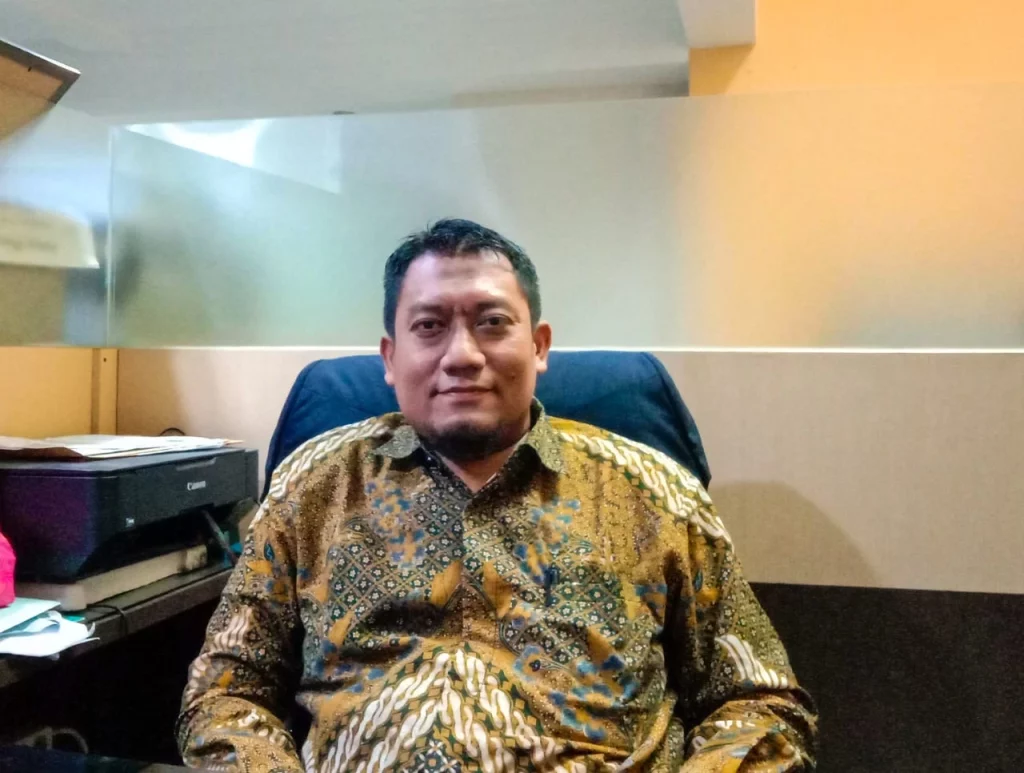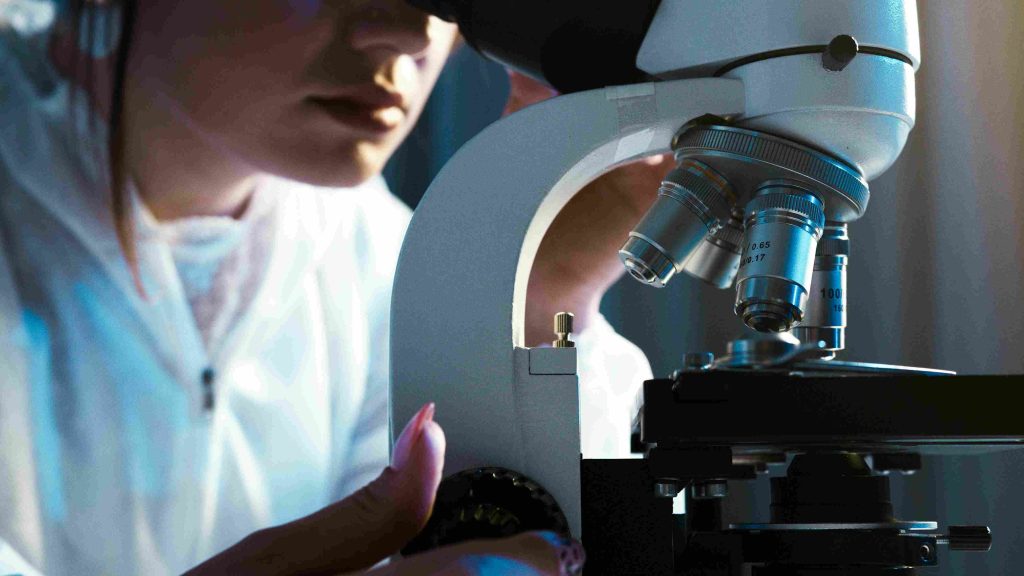UNAIR NEWS – Research is a key driver of national progress, yet funding often poses a major hurdle. According to World Bank data in 2020, Indonesia allocated only 0.2 percent of its GDP to research, compared with a global average of 2.67 percent—placing the country far behind most nations.
Professor Rossanto Dwi Handoyo, SE, M.Si., Ph.D., from Universitas Airlangga’s Faculty of Economics and Business (FEB), offered his perspective. “The 0.2 percent allocation is far from ideal. If Indonesia aims to become an economic leader, this funding must increase,” Prof. Handoyo said.

He cited examples such as South Korea and China, which dedicate far greater resources to research. That investment, he noted, has enabled them to become fully industrialized nations by fostering innovation—an advantage that ultimately strengthens their hold on global markets.
Raising awareness of research priorities
Prof. Handoyo argued that the Indonesian government has yet to view research as a strategic priority, which explains the country’s relatively small budget compared with other nations. He emphasized that building a strong research ecosystem should be treated as an urgent goal.
“Countries that focus on research may eventually capture existing markets—or even take over markets from those that only imitate,” he said. This technological gap, he explained, forces countries with weak research systems to rely heavily on imports from innovation-driven economies.
He also stressed that research funding should not depend solely on the government. The private sector, he said, must play a role as well. One option is for the government to provide research incentives to companies.
“In this way, the government doesn’t have to set aside all the funds itself but can encourage businesses instead,” he explained. For example, if a company creates a research division, the expenses could be treated as tax-deductible. Such measures, he added, could help foster a stronger research ecosystem in Indonesia.
Author: Afifah Alfina
Editor: Yulia Rohmawati









